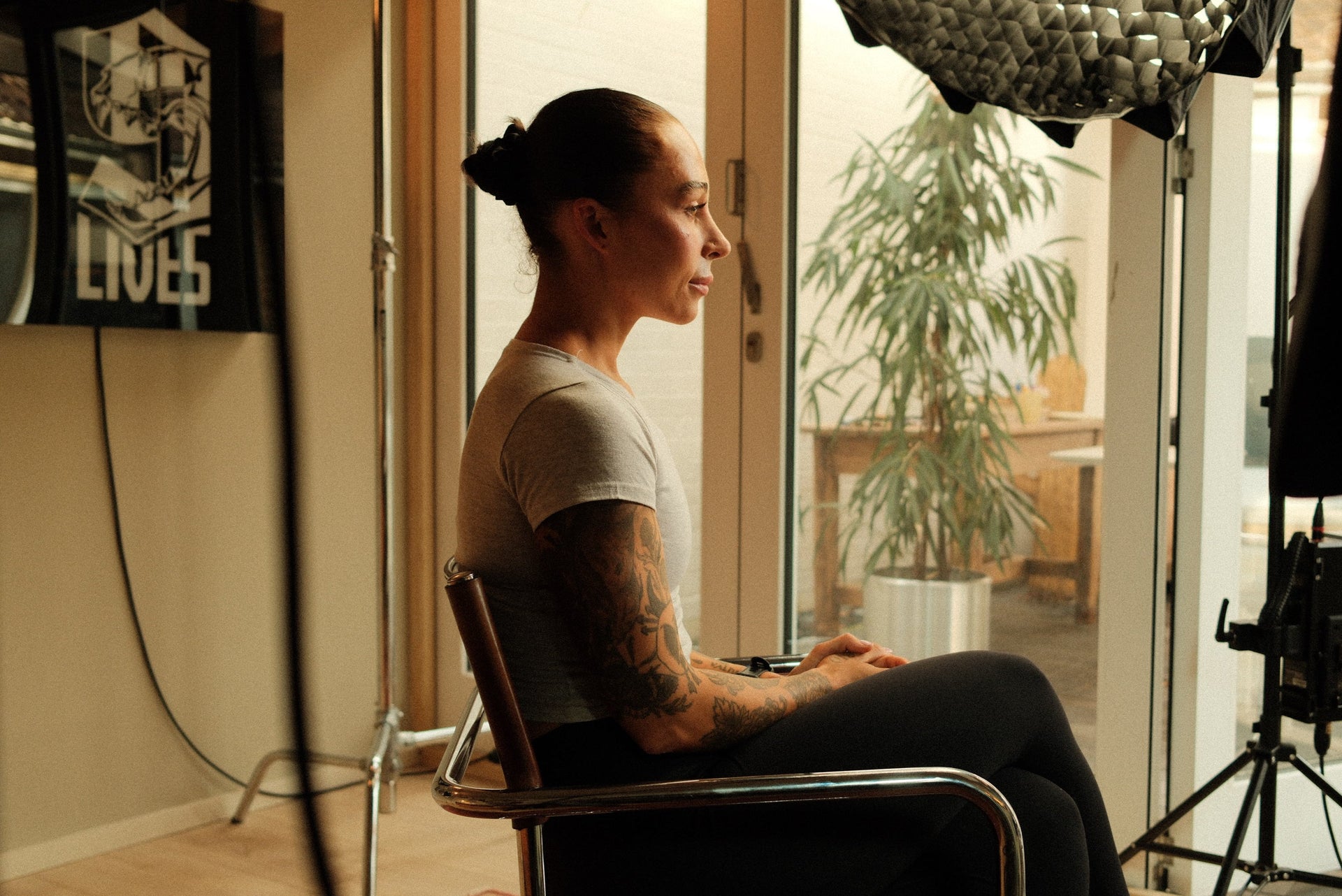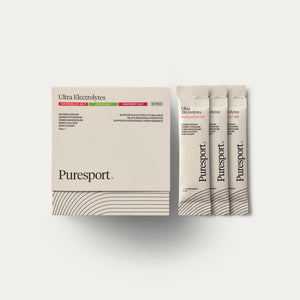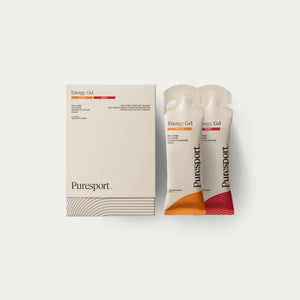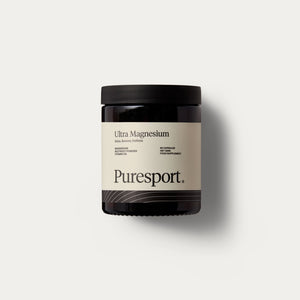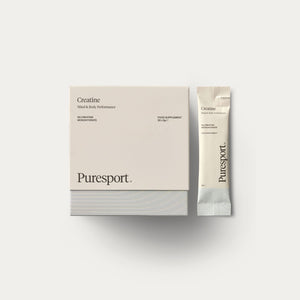How Does Sleep Affect Running Performance
Quality sleep is one of the most overlooked yet critical factors for running performance and overall athletic success. Whether you are training for a marathon, preparing for your next race, or simply running for health, sleep is essential for recovery, physical and mental performance, and protecting against injury. In this article, we’ll answer the question “how does sleep affect running performance?”. This will detail how much is optimal, the direct impact of sleep on running, the two-way relationship between running and sleep, and the best tips and supplements to help runners get the restful night’s sleep they need.
Why Do Runners Need More Sleep?
Runners — and endurance athletes in general — place significant physical stress on their bodies. Consistent training, especially at higher mileage or intensity, leads to muscle breakdown, energy depletion, and micro-injuries that must be repaired. Sleep is the most effective natural recovery tool: during deep sleep, the body releases growth hormone, repairs tissues, and restores energy stores critical for performance.
Runners who don’t prioritise sleep:
- Recover slower from hard sessions.
- Experience higher rates of fatigue, soreness, and even injury.
- May feel less motivated and struggle with training consistency.
Explore our recommended Sleep Supplements collection for natural sleep support.
How Much Sleep Do Runners Really Need?
The ideal amount of sleep varies, but research suggests that 7–9 hours per night is optimal for most adults, with athletes —especially during periods of peak training — often benefitting from more (sometimes up to 10 hours).
Frequently asked: “Can you run on just 4, 5, or 6 hours of sleep?”
Short-term, you may get through a training run on little sleep, but studies show:
- Sleep deprivation impairs mood, coordination, speed, endurance, and perceived effort.
- Chronic lack of sleep diminishes aerobic endurance and increases injury risk.
- Even one or two nights of poor sleep before a race can impact performance and recovery.
Aim for at least 7 hours per night, and more if you are ramping up your mileage or intensity.
Does Sleep Affect Running Performance?
Absolutely. Sleep deprivation significantly impairs aerobic endurance, muscular strength, speed, and motor control, while increasing perceived exertion levels—meaning it feels much harder to run at your usual pace. On the physiological level, lack of sleep disrupts glucose metabolism, hormone release, and immune function, all crucial for recovery and performance.
Key Impacts Include:
- Slower race and training paces.
- Quicker onset of fatigue and “hitting the wall.”
- Decreased coordination and greater risk of poor form or injury.
- Delayed recovery and increased soreness post-workout.
Partial or total sleep deprivation—even for a single night—can meaningfully reduce endurance and speed.
Maximise your recovery with Puresport’s Recovery Supplements collection.
Running and Sleep: A Two-Way Relationship
Not only does sleep impact running, but running also affects sleep.
- Does running help you sleep? Moderate aerobic exercise, especially in the morning or early evening, can help you fall asleep faster and enhance sleep quality.
- Over-exercising, intense late-night workouts, or high training stress, however, may disrupt sleep—so balance is key.
- For many, regular running is linked to fewer sleep disturbances, deeper sleep, and improved insomnia symptoms.
In summary, running can be a great way to support better sleep when properly timed and managed.
Tips for Better Sleep as a Runner:
- Maintain a consistent sleep schedule—aim for the same bedtime and wake-up time each day.
- Wind down with a relaxing routine: gentle stretching, reading, or breathwork.
- Avoid caffeine and screens in the hour before bed.
- Use a comfortable, supportive mattress and keep your room dark and cool.
- Don’t leave hard interval workouts or long runs late in the evening.
Sleep Supplements for Runners
If you struggle to unwind, consider natural supplements to support deeper, more restorative sleep. Puresport recommends:
- Magnesium: Shown to promote relaxation and better sleep quality.
- CBD blends: May help ease body tension and calm the mind post-training.
- Adaptogens: Like ashwagandha, which can assist with stress management.
Discover our full range of Sleep Supplements for evidence-based, natural options.
Key Takeaways:
- Sleep is essential for running performance, recovery, and injury prevention.
- Aim for at least 7–9 hours per night; more during heavy training.
- Sleep deprivation directly reduces endurance, speed, and increases perceived exertion.
- Running can improve sleep quality—when managed wisely.
- Use good bedtime habits and, if needed, targeted supplements to support deep recovery.
Prioritising sleep is one of the simplest, most effective ways to become a stronger, more consistent runner.


